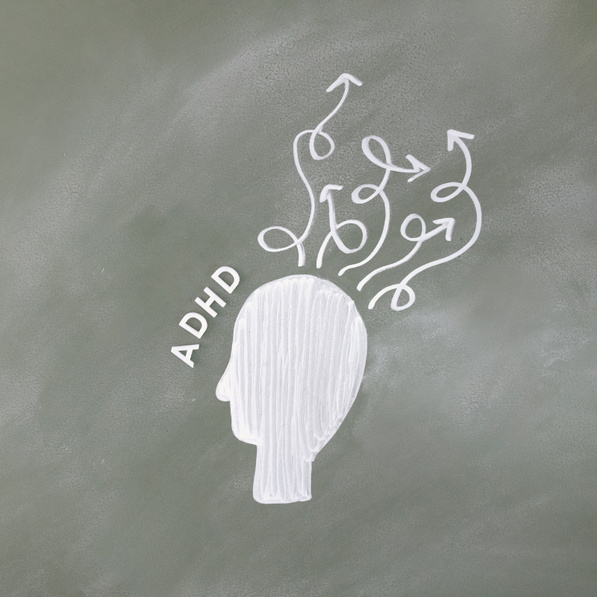PTSD/TRAUMA COUNSELLING SERVICES

What Is PTSD?
Post-Traumatic Stress Disorder (PTSD) is a mental health condition that can develop after experiencing or witnessing a traumatic event. Traumatic events may include but are not limited to, military combat, physical or sexual assault, natural disasters, accidents, or the sudden loss of a loved one. PTSD can have a significant impact on a person's daily life, relationships, and overall well-being.
Symptoms of PTSD
PTSD symptoms can vary from person to person and may develop shortly after the traumatic event or even months or years later. Some common symptoms of PTSD include:
-
Intrusive memories: Repeated, distressing memories of the traumatic event, flashbacks, or nightmares.
-
Avoidance: Avoiding reminders, thoughts, or situations associated with the trauma.
-
Negative changes in thinking and mood: Persistent negative thoughts, distorted beliefs about oneself or the world, feelings of detachment, and a diminished interest in activities.
-
Changes in arousal and reactivity: Difficulty sleeping, irritability, hypervigilance, exaggerated startle response, and difficulty concentrating.
-
Emotional distress: Intense feelings of fear, guilt, shame, or anger related to the traumatic event.
These symptoms can significantly interfere with a person's ability to function in daily life and may cause distress or impairment in various areas, such as work, relationships, and self-care.
Methods to Treat PTSD
Treating PTSD typically involves a combination of therapeutic approaches tailored to the individual's needs and experiences. Here are some commonly used methods to treat PTSD:
-
Psychotherapy: Psychotherapy, specifically trauma-focused therapy, is a crucial component in the treatment of PTSD. Cognitive-Behavioral Therapy (CBT) is an evidence-based approach that helps individuals process traumatic memories, challenge distorted thoughts, and develop healthy coping skills. Eye Movement Desensitization and Reprocessing (EMDR) is another therapeutic approach that focuses on reprocessing traumatic memories to reduce distressing symptoms.
-
Medication: Antidepressant medications, such as selective serotonin reuptake inhibitors (SSRIs), can be prescribed to alleviate symptoms of depression and anxiety commonly associated with PTSD. Medication may be used in combination with psychotherapy to enhance treatment outcomes.
-
Exposure Therapy: Exposure therapy is a specific form of therapy that gradually exposes individuals to the feared or avoided situations, memories, or triggers related to the traumatic event in a safe and controlled manner. This allows for the processing and gradual reduction of the fear and distress associated with the traumatic experience.
-
Cognitive Restructuring: This approach focuses on identifying and challenging negative or distorted thoughts and beliefs related to the traumatic event. By replacing them with more adaptive and realistic thoughts, individuals can reduce the intensity of their emotional and physiological responses to trauma triggers.
-
Group Therapy and Support Groups: Joining a support group or participating in group therapy can provide a sense of connection and validation for individuals with PTSD. Sharing experiences, learning from others, and receiving support from people who have gone through similar challenges can be invaluable in the recovery process.
-
Self-Care Strategies: Engaging in self-care activities is essential for managing PTSD symptoms. This may include practicing relaxation techniques, engaging in regular exercise, maintaining a healthy diet, getting enough sleep, and engaging in activities that promote well-being.
Remember, seeking help from a qualified mental health professional is crucial for the accurate diagnosis and effective treatment of PTSD.


















